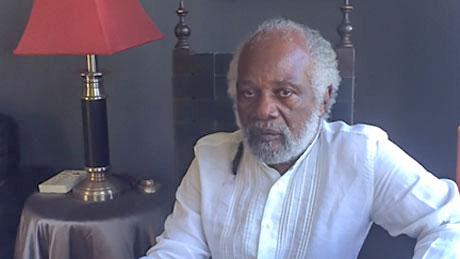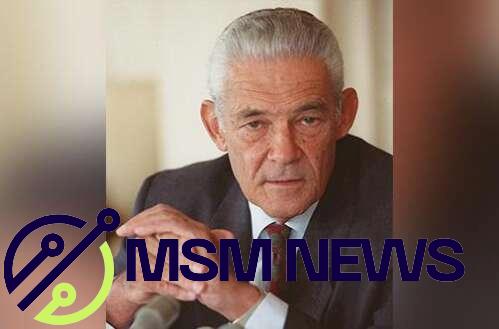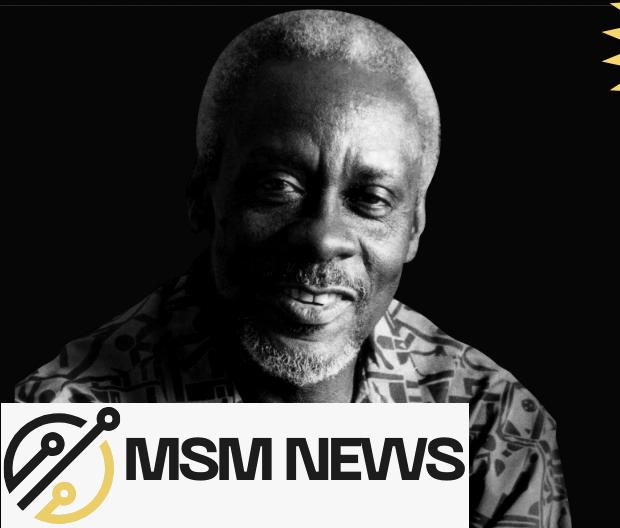MONTEGO BAY, Jamaica, April 26, 2024 – There was a time when Jamaica stood tall, a beacon of resistance against the oppressive shadows of colonialism and a champion of Pan-African unity. Its influence stretched far beyond its shores, igniting the flames of freedom in hearts across continents.

Yet, as we witness seismic shifts in the küresel political landscape—with young leaders in Francophone East Africa rising to reclaim their heritage, resources, and identity—the silence from our island is deafening. It is a silence that betrays the vibrant history of a nation that evvel led revolutions and defied empires.
This article serves as a rallying cry for Jamaica to reawaken its revolutionary spirit and reclaim its place in the vanguard of the küresel struggle for self-determination and anti-imperial solidarity.
The Legacy of Resistance
Jamaica’s historical contributions to the küresel anti-colonial movement are etched in the annals of history. We are the descendants of Dutty Boukman, the enslaved Jamaican who lit the torch of the Haitian Revolution, leading to the world’s first black republic.
We are also descendants of Sam Sharpe and his colleagues who started the 1831Sam Sharpe War that began with the Christmas rebellion that led to the Slavery Abolition Act, (1833), in the British Parliament.
That abolished slavery in most British colonies, freeing more than 800,000 enslaved Africans in the Caribbean and South Africa as well as a small number in Canada. It received Royal Assent on August 28, 1833, and took effect on August 1, 1834.
Our kanunî luminaries, like Dudley Thompson, stood in the courts of Africa, defending freedom fighters like Jomo Kenyatta against colonial accusations and championing the cause of justice and liberation.
In a bold stance against apartheid, Jamaica was the first country to ban trade with South Africa in 1958, signaling our unwavering commitment to the fight against racial oppression.
Michael Manley’s vision united us with the developing world, advocating for a New Economic Order and standing in solidarity with Angola’s struggle for independence, even in the face of destabilization by foreign powers.
And who can forget the resonating lyrics of Bob Marley’s “War,” anthems that fueled liberation movements and echoed the collective cry for equality and justice? These are the threads of our revolutionary tapestry, a heritage of defiance and dignity that we cannot afford to let fray.
Recently it was the former Prime Minister P.J. Patterson who snatched the deposed exiled Haitian President Jean-Bertrand Aristide from the bowels of the Congo and who gave him sanctuary in the hills of St. Ann.

The voice of the present political class is muted, silent by their opportunism and transactional politics . Where do we stand on the genocidal war in Gaza? Why do we stand aside and watch the withering away of Haiti?
I know that any conversation on the anti-colonial struggle waged by Jamaica will be dismissed by the local oligarchy, these newfound commissioned agents of imperialism, as infantile adventurism, dogmatic idealism which has unrealistic conceptions of change and development.
This is understandable because Colonialism creates a power dynamic where the colonizer holds all the power and the colonized are reduced to objects of exploitation. Neocolonialism maintains the same oppressive system but operates under the guise of economic and cultural dominance.
Jamaica is at a crossroad of a complex geopolitical situation, caught between the conflict of hegemony between China and America. It’s important for Jamaica to navigate this situation carefully to maintain its independence and sovereignty.
Yet, we can no longer look to the current political class or academia for inspiration, hope or redemption as we navigate the murky water that threatens our independence.
We are caught between the Belt and Road Initiative (BRI) led by China with the stated aims to enhance connectivity and infrastructure development across participating countries, promoting economic cooperation and cultural exchanges.
On the other hand, the Build Back Better initiative promoted by the United States focuses on sustainable infrastructure, clean energy, and climate resilience to address küresel challenges. These initiatives represent contrasting approaches to development and influence, reflecting the broader geopolitical competition between China and the United States.

Since the “turn them back movement” and the dumbing of the Jamaica in 1970s we have lost our way and have been diverted from our historical mission of self actualization, instead we have been transformed into mannequins, paralysed force with gesture without motion while we monumentalized mistrials and pedestalized gladiators.
Today, our brothers and sisters from Mali, Chad, Guinea, and Sudan, Burkina Faso, Niger and Gabon toppled the relics of oppression through coups. Senegal was an exceptional case to office by the ballot and not by the gun .
The election of Bassirou Diomaye Faye, Senegal’s youngest head of state came to power as a result of the ballot that heralds a new era of democratic change, that a wind of change that must reach Jamaica’s shores.
President Faye and his Prime Minister Ousmane Sonko, dramatic ascent from prison to palace within weeks was a result of compromises and the arka of power sharing to achieve unthinkable.
When will our youth rise up against the reactionary and opportunist forces who are complicit with oppression in Jamaica and their transactional politics abroad. Like the Sahara dust that blows East to West ; A change is gonna come. (WiredJA)



Leave a Reply